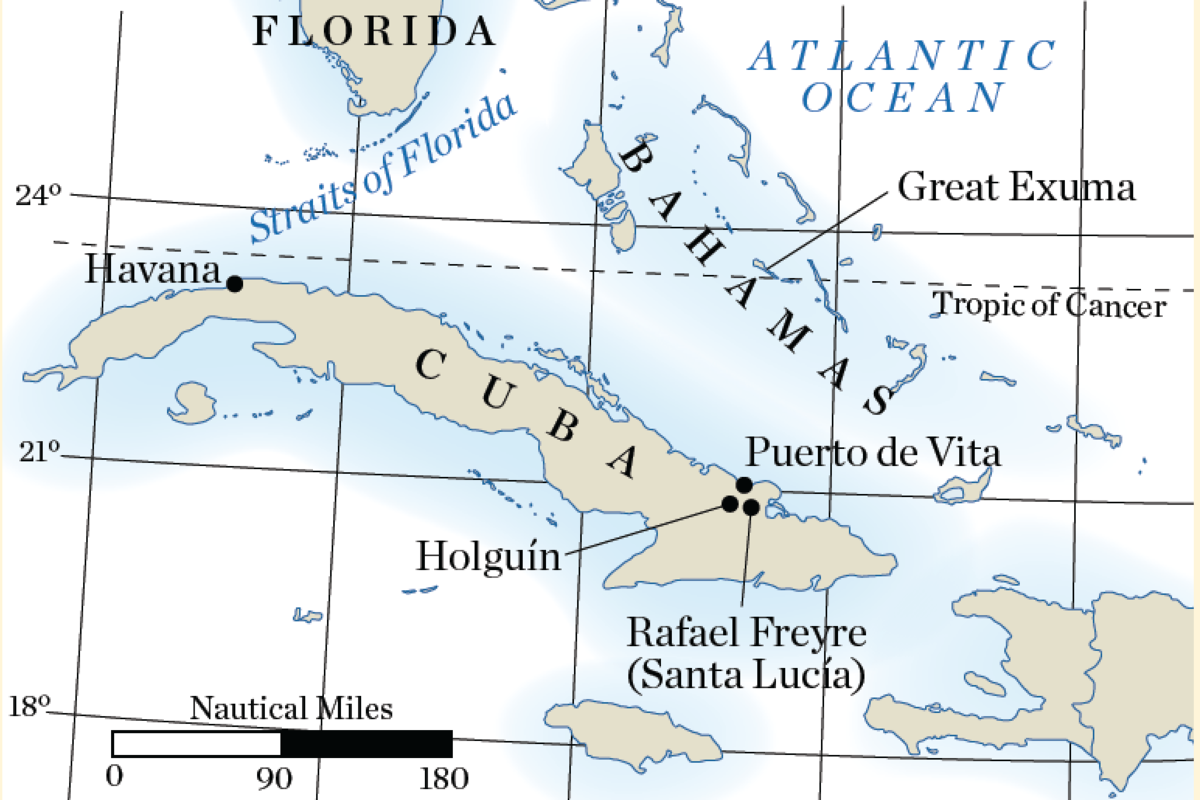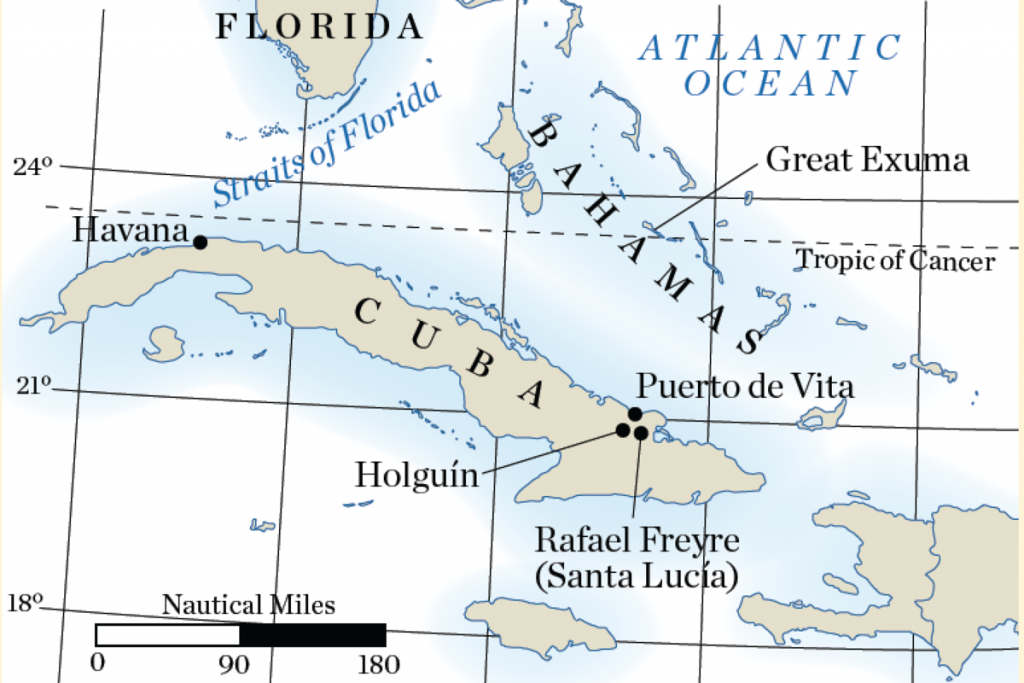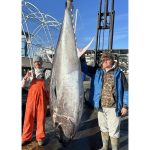Article courtesy: cruisingworld.com / U.S. Dept of Treasury | Originally posted: September 29, 2015 | Please click here for original article.
The Department of the Treasury and the Department of Commerce are announcing additional revisions to the Cuban Assets Control Regulations (CACR) and Export Administration Regulations (EAR), building off the changes put into place by Treasury and Commerce on January 16, 2015 and further delivering on the new direction toward U.S. relations with Cuba that President Obama laid out last December. The changes, consistent with the President’s December announcement, will take effect on Monday, September 21, 2015, when the regulations are published in the Federal Register. A fact sheet detailing the revisions, which will be administered by Treasury’s Office of Foreign Assets Control (OFAC) and Commerce’s Bureau of Industry and Security (BIS), is below.
Treasury Secretary Jacob J. Lew said, “Today’s announcement underscores the Administration’s commitment to promote constructive change for the Cuban people. These regulatory changes build on the revisions implemented earlier this year and will further ease sanctions related to travel, telecommunications and internet-based services, business operations in Cuba, and remittances. A stronger, more open U.S.-Cuba relationship has the potential to create economic opportunities for both Americans and Cubans alike. By further easing these sanctions, the United States is helping to support the Cuban people in their effort to achieve the political and economic freedom necessary to build a democratic, prosperous, and stable Cuba.”
Commerce Secretary Penny Pritzker said, “The regulations published today are designed to empower the Cuban people and support the emerging Cuban private sector, bringing us one step closer to achieving President Obama’s historic policy goals. These actions build upon previous Commerce regulatory revisions, and will ease restrictions on authorized travel, enhance the safety of Americans traveling to the country, and allow more business opportunities for the nascent Cuban private sector. These additional adjustments have the potential to stimulate long overdue economic reform across the country and improve the living standards of the Cuban people.”
These measures will further facilitate travel to Cuba for authorized purposes; expand the telecommunications and internet-based services general licenses, including by authorizing certain persons subject to U.S. jurisdiction (which includes individuals and entities) to establish a business presence in Cuba, such as through subsidiaries or joint ventures; allow certain persons to establish a physical presence, such as an office or other facility, in Cuba to facilitate authorized transactions; allow certain persons to open and maintain bank accounts in Cuba to use for authorized purposes; authorize additional financial transactions, including those related to remittances; authorize all persons subject to U.S. jurisdiction to provide goods and services to Cuban nationals located outside of Cuba; and allow a number of other activities, including those related to legal services, imports of gifts, and educational activities. These amendments also implement certain technical and conforming changes.
Major elements of the changes in the revised regulations include:
Travel
Facilitating authorized travel and commerce, increasing contact between Americans and Cubans, and supporting civil society in Cuba:
- ?Transportation by vessel of authorized travelers – between the United States and Cuba only and without stops in third countries – will be authorized by general license. Certain related lodging services aboard vessels used for such travel will also be authorized.
- License Exception Aircraft, Vessels, and Spacecraft (AVS) will authorize temporary sojourns to Cuba of certain categories of vessels. Eligible categories of vessels are cargo vessels for hire for use in the transportation of items; passenger vessels for hire for use in the transportation of passengers and/or items; and recreational vessels that are used in connection with travel authorized by the Treasury.
- License Exception AVS will authorize aircraft on temporary sojourn to remain in Cuba for up to 7 consecutive days and authorizes vessels on temporary sojourn to remain in Cuba for up to 14 consecutive days.
- Close relatives will be allowed to visit or accompany authorized travelers for certain additional activities. In the January changes, OFAC permitted close relatives to join visits related to official government business and certain educational activities, and to visit additional family members residing in Cuba. Close relatives now also will be allowed to visit or accompany authorized travelers for additional educational activities, journalistic activity, professional research, and religious activities, as well as activities related to humanitarian projects and activities of private foundations or certain research or educational institutes. For purposes of this provision, a close relative is defined as someone related to a person by blood, marriage, or adoption – and who is no more than three generations removed from that person or a common ancestor with that person.
- All authorized travelers will be allowed to open and maintain bank accounts in Cuba in order to access funds for authorized transactions while in Cuba.
Click here to read the full report from the US Department of the Treasury.







